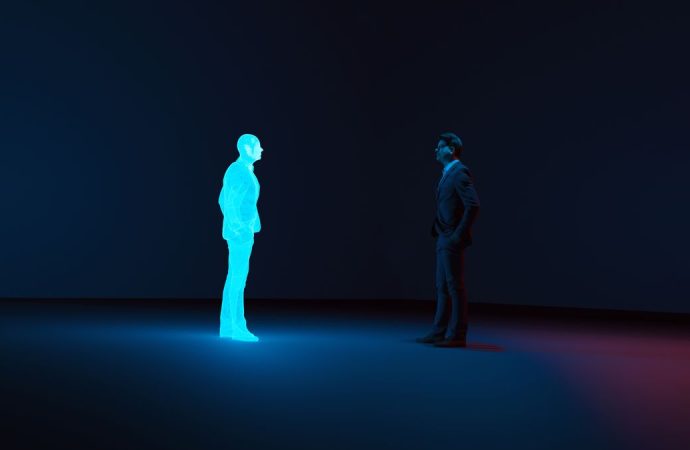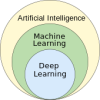A mathematician thinks he can probably hack the simulation we may or may not all be living in.
Source: Popular Mechanics
The origins of the universe have vexed the greatest minds ever since early humans considered the stars. Whole civilizations and cultures developed in the wake of religious and spiritual theories surrounding the origin of everything, and the Scientific Revolution brought about its own physics-based explanations. But in the past few decades, some scientists and technologists have been wondering about a new explanation of reality—that reality is actually a simulation.
At its most basic, simulation theory draws on the idea that some 50 years after humans created Pong, fully virtual worlds powered by VR and AI are now within our grasp. Extrapolate that curve of innovation out to not just decades, but hundreds of thousands of years, and a question arises: Is it possible that technology can reach a point where the laws of physics can be perfectly simulated by an advanced computer, whether alien or human?
Although simulation theory stretches back to 17th century French philosopher René Descartes, the idea really gained steam in 2003, when an article written by Oxford University philosopher Nick Bostrom fully explored the concept. Today, scientists and even people like Elon Musk believe it’s extremely likely that we’re living in a simulation (Bostrom thought the probability was more like 20 percent).
So if we do live in a simulation run by an advanced computer, does that mean we can hack it? After all, the universe could use a few upgrades (like talking cats, for example). David Anderson, a computer scientist and mathematician at the University of California-Berkeley is exploring the question.
“Being a programmer, I thought about exactly what these changes might involve,” Anderson told The New York Times this week. In a blog post published in February 2021, Anderson named our hypothetical “Unisym,” and hypothesized that it should be possible to alter our known reality.
Anderson writes:
“Unisym is just software, and if it’s well-written it should be easy to modify. Modifications could change our laws of physics, or add new ‘features’ to our universe: menu options, buttons to push, knobs to fiddle with. Things to make our lives richer or more fun.”
This is where the scientific aspect of a simulated reality begins to take a backseat to a new kind of techno-philosophy (or religion, depending on your perspective). To understand how to hack this theoretical simulation, Anderson had to break down how the Unisym works in the first place. Is it digital or quantum? Is Unisym open-source? How is it hosted? Can code be altered, and most importantly, are the “meta-hackers” amenable to a few improvements?
“It’s conceivable that the meta-hackers consider ‘pull requests’—changes to the source code—from our universe,” Anderson writes. He asked friends for code upgrades they’d like to see in Unisym, and they offered time travel, immortality, and infinite credit cards as a few options (we’re sticking with talking cats, personally). For Anderson, he prefers what he calls a “Look of Death” update, where ill-mannered motorists are obliterated by a space laser with just a look.
Although Anderson’s philosophical investigations are mostly light-hearted, exploring if our reality is a simulation is a serious field of scientific study. However, understanding exactly how a Unisym would actually work—or even if it exists at all—is likely impossible to discern as a computer capable of running such a simulation would be beyond human comprehension.
But like how other religions have grappled with unknowable truths for millennia, it probably wouldn’t hurt to consider a prayer or two for the “Great Simulator.”
Source: Popular Mechanics

































Leave a Comment
You must be logged in to post a comment.